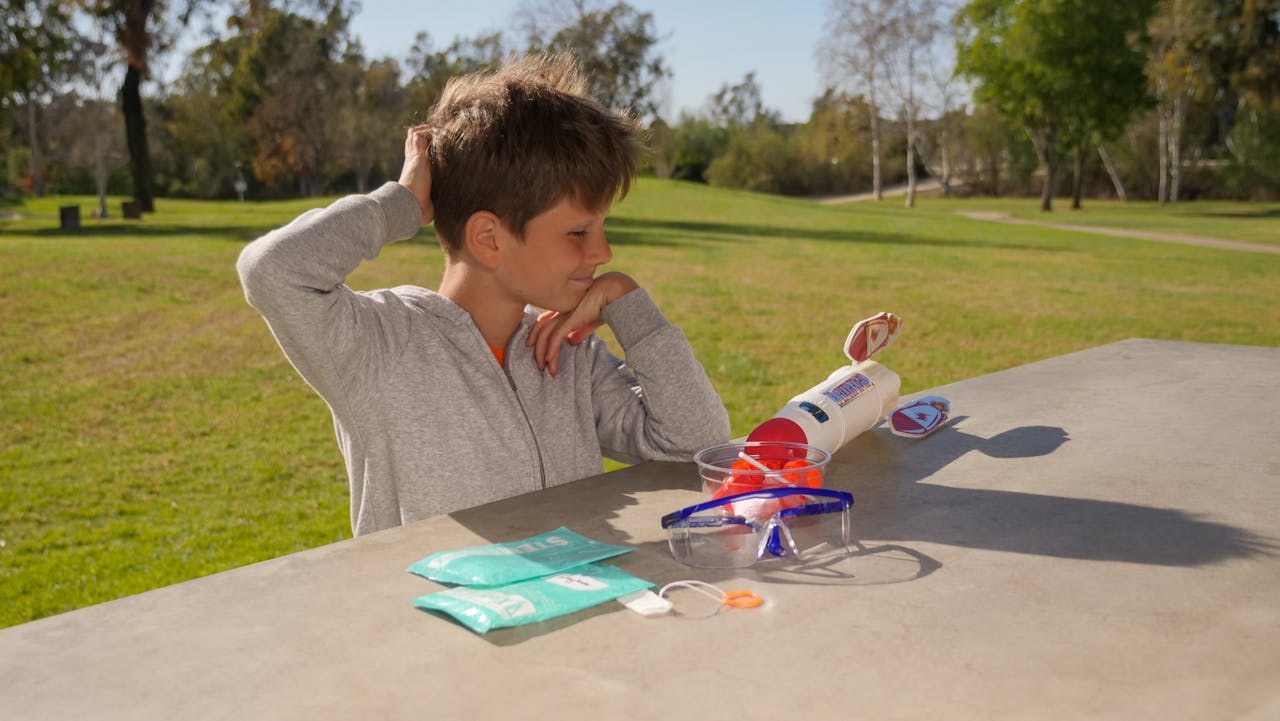PR strategies play a vital role in promoting supplements to niche markets, where targeted messaging and specialized outreach make the difference between success and failure. Recent data shows that 77% of Americans take dietary supplements, but reaching specific segments requires a deep understanding of their unique needs and preferences. For supplement brands targeting women’s health, senior wellness, or student populations, PR serves as a powerful tool to build credibility, communicate benefits, and connect with these distinct audiences. This comprehensive guide examines proven PR tactics for promoting supplements in niche markets, backed by research and real-world examples.
PR Overview
Understanding Your Niche Market’s Needs
Before launching any PR campaign, understanding your target audience’s specific requirements forms the foundation of success. Research from the Council for Responsible Nutrition shows that different demographic groups have varying motivations for supplement use. Women often seek products supporting hormonal balance and reproductive health, while seniors focus on joint health and cognitive function. Students typically look for supplements that boost energy, concentration, and stress management.
Market research indicates that 85% of supplement consumers research products before making purchases. This behavior highlights the importance of providing detailed, accurate information through PR channels. Your messaging must address the unique pain points and aspirations of your chosen niche while maintaining compliance with regulatory requirements.
Creating Targeted PR Messages for Women’s Health Supplements
Women represent a significant segment of the supplement market, with particular interest in products supporting reproductive health, bone density, and overall wellness. According to the National Institutes of Health, 67% of women take dietary supplements regularly. PR messages targeting this demographic should focus on scientific validation and practical benefits.
When crafting PR materials for women’s health supplements, incorporate research findings and expert opinions. For example, if promoting a calcium supplement, reference studies from reputable institutions about bone health in women over 40. Include testimonials from healthcare professionals who can speak to the product’s benefits while staying within regulatory boundaries.
Social media platforms like Instagram and Pinterest have proven particularly effective for reaching female supplement consumers. Data from the Pew Research Center shows that 78% of women use Instagram, making it an ideal channel for supplement PR campaigns targeting this demographic.
Senior Wellness Supplement PR Strategies
The senior supplement market continues to grow as the population ages. According to AARP, adults over 50 account for 56% of all supplement sales. PR campaigns targeting this demographic must focus on quality of life improvements and maintaining independence through proper nutrition.
When developing PR materials for senior supplements, emphasize safety and efficacy. Include information about third-party testing and quality certifications. Statistics show that 89% of seniors value transparency in supplement manufacturing processes. Feature clear, easy-to-read content that addresses common concerns about drug interactions and side effects.
Traditional media channels remain effective for reaching senior consumers. Print publications, local news outlets, and health-focused magazines often provide better ROI than digital-only campaigns. Research shows that 68% of seniors still rely on print media for health information.
Student-Focused Supplement PR Campaigns
The student supplement market focuses on products supporting cognitive function, energy, and stress management. According to recent studies, 73% of college students use some form of dietary supplements. PR campaigns must address both students and their parents, who often influence purchasing decisions.
Educational content plays a crucial role in student-focused PR. Create materials explaining how specific ingredients support academic performance and overall well-being. Use platforms popular with younger demographics, such as TikTok and YouTube, where 90% of users are under 35.
Campus media outlets, student health centers, and education-focused publications offer valuable PR opportunities. Partner with student organizations and campus wellness programs to build credibility and increase visibility.
Regulatory Compliance in Supplement PR
The FDA strictly regulates supplement marketing claims. According to the Federal Trade Commission, violations can result in significant penalties. PR professionals must carefully review all materials to ensure compliance while maintaining effective messaging.
Avoid making direct disease claims or promises of specific outcomes. Instead, focus on structure-function claims supported by scientific evidence. Include appropriate disclaimers in all PR materials. Research shows that 92% of consumers appreciate transparent communication about supplement benefits and limitations.
Media Relations and Outreach
Building relationships with relevant media outlets increases the likelihood of coverage. Target publications and platforms that align with your niche market’s interests and habits. Data indicates that 65% of successful supplement PR campaigns involve consistent media outreach to specialized outlets.
Develop a media kit containing product information, research citations, and expert quotes. Include high-quality images and infographics that communicate key benefits visually. Statistics show that press releases with visual elements receive 45% more engagement than text-only versions.
Measuring PR Campaign Success
Track specific metrics to evaluate PR campaign effectiveness. Monitor media mentions, social media engagement, website traffic, and sales data. Research shows that successful supplement PR campaigns typically see a 15-20% increase in brand awareness within the first three months.
Use analytics tools to measure reach and engagement across different channels. Survey customers to gauge message retention and brand perception. Regular assessment allows for strategy refinement and improved targeting.
Conclusion
Successful PR campaigns for niche supplement markets require careful attention to audience needs, regulatory compliance, and targeted messaging. Research shows that brands implementing comprehensive PR strategies see up to 40% better market penetration in their chosen niches.
To implement these strategies effectively:
- Research your specific niche market thoroughly
- Develop compliant, targeted messaging
- Choose appropriate media channels
- Build strong relationships with relevant outlets
- Monitor and measure results consistently
Remember that effective PR in the supplement industry combines scientific credibility with authentic storytelling. Focus on building trust through transparent communication and validated claims while maintaining regulatory compliance. With careful planning and execution, PR can significantly impact your supplement brand’s success in niche markets.
Position Yourself as a Health Expert Journalists Actually Call
Most health and wellness founders hit a wall when their expertise outpaces their visibility....
How to Promote Educational Toys Through PR
Parents and educators increasingly seek toys that do more than entertain—they want products that...
Emerging Trends in PR for Toys and Games
The toy industry stands at a crossroads where traditional play meets digital innovation, and where...




